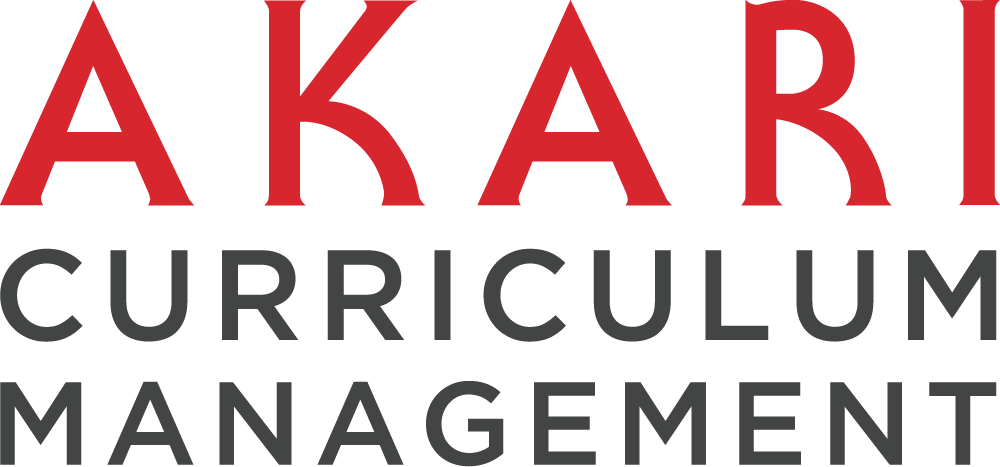The Impact Rankings 2024, to be published on 12 June, assess universities’ contributions to gender equality through research, policies, and the recruitment and promotion of women.
Metrics
Research (27%)
- Proportion of research authored by women (10%)
- Proportion of gender equality papers in top 10% of journals (10%)
- Number of gender equality publications (7%)
Data from Elsevier’s Scopus dataset (2018-2022), normalised using Z-scoring.
Proportion of First-Generation Female Students (15.4%)
- Percentage of women starting a degree who are first-generation students, provided as full-time equivalents.
Data provided by universities, normalised using Z-scoring.
Student Access Measures (15.4%)
- Track women’s application and acceptance rates (1.6%)
- Policies on female student participation (4.6%)
- Women’s access schemes like mentoring (4.6%)
- Encourage applications in under-represented areas (4.6%)
Evidence provided by universities, evaluated and scored by THE, not normalised.
Proportion of Senior Female Academics (15.4%)
- Percentage of women in senior roles like professorships and deanships, provided as full-time equivalents.
Data provided by universities, normalised using Z-scoring.
Proportion of Women Receiving Degrees (11.5%)
- Percentage of women awarded degrees, subject-weighted across STEM, medicine, and arts/humanities/social sciences.
Data provided by universities, normalised using Z-scoring.
Women’s Progress Measures (15.3%)
- Non-discrimination policies for women and transgender people (3.9%)
- Supportive maternity and paternity policies (1.9%)
- Accessible childcare for students and staff (3.8%)
- Women’s mentoring schemes (1.9%)
- Track and close gender graduation gaps (1.9%)
- Policy protecting discrimination reporters (1.9%)
Evidence provided by universities, evaluated and scored by THE, not normalised.
Evidence Requirements
Universities must provide supporting evidence for policies and initiatives. Credit is given for public evidence. Metrics are generally not size-normalised.
Time Frame
Data generally refer to the closest academic year to January-December 2022. Specific date ranges are detailed in the full methodology document.
Exclusions
Open to any university teaching at undergraduate or postgraduate level. THE may exclude institutions that falsify data or are not in good standing.
Data Collection
Institutions must provide and approve their data. Missing data points are entered as zero.
